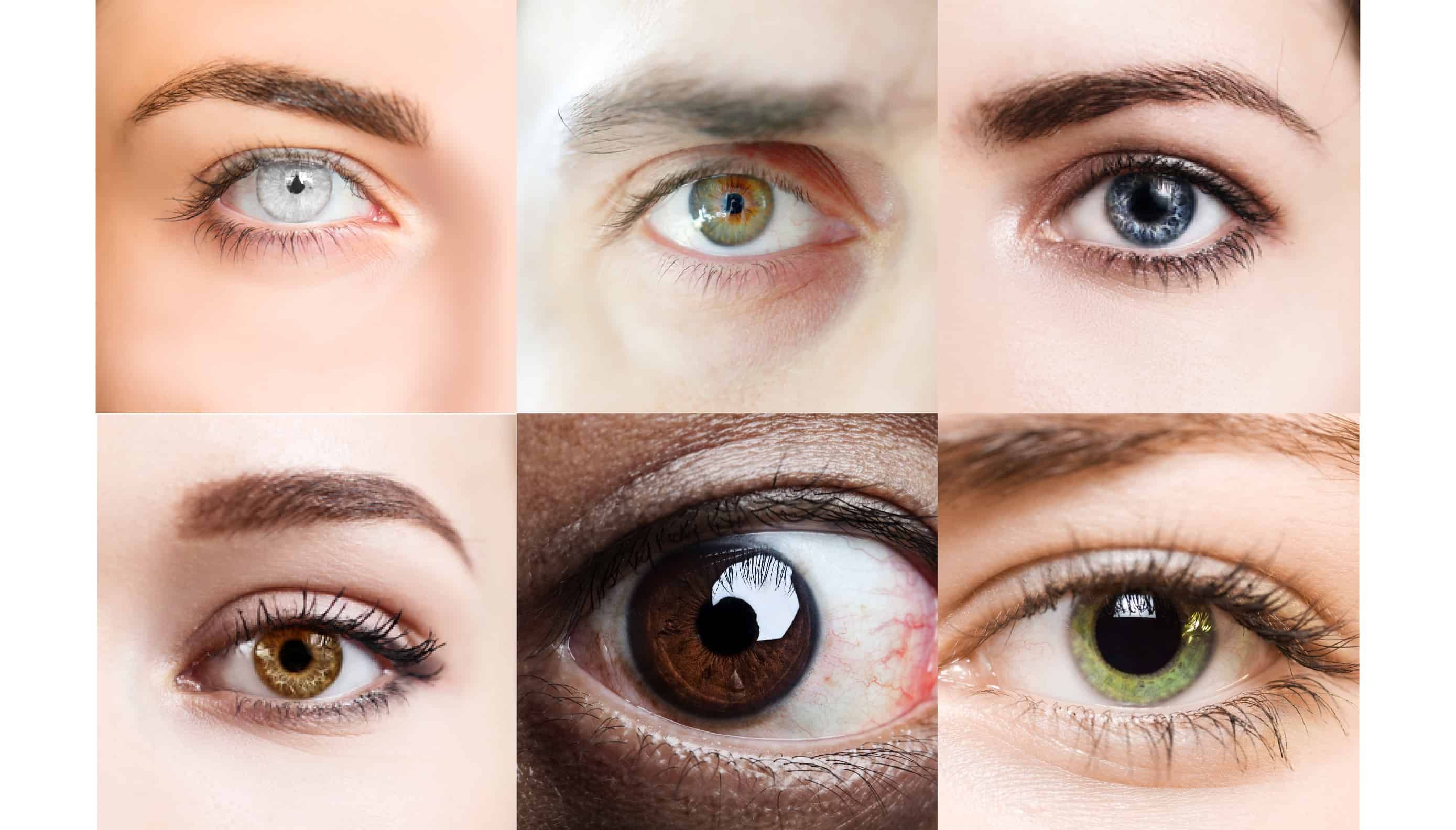Gain in-depth insights into Is It Normal To See Different Colors In Each Eye, may the information we provide be beneficial for you.

Is It Normal to See Different Colors in Each Eye?
Have you ever looked in the mirror and noticed that your eyes are slightly different colors? Maybe one eye is a deep brown while the other is a light hazel. Or perhaps one eye is blue while the other is green. If this is the case, you may be wondering if this is normal. The answer is yes, it is perfectly normal to have different colored eyes.
There are many reasons why someone might have different colored eyes. One reason is genetics. The color of your eyes is determined by the amount of melanin in your iris. Melanin is a pigment that also gives your skin and hair their color. People with more melanin have darker eyes, while people with less melanin have lighter eyes. If you have different colored eyes, it is likely that you inherited different amounts of melanin from each of your parents.
Heterochromia
The medical term for having different colored eyes is heterochromia. Heterochromia can be complete, meaning that one eye is a completely different color than the other, or it can be partial, meaning that one eye has two different colors. Heterochromia is a relatively rare condition, affecting only about 1% of the population.
There are many different causes of heterochromia. Some causes are genetic, while others are acquired. Genetic causes of heterochromia include:
- Ocular albinism: This is a rare genetic condition that causes a lack of melanin in the eyes. People with ocular albinism have very light eyes, and they may also have nystagmus (involuntary eye movements).
- Waardenburg syndrome: This is a rare genetic condition that causes a variety of symptoms, including heterochromia, hearing loss, and white forelock (a patch of white hair on the forehead).
- Piebaldism: This is a rare genetic condition that causes patches of white skin and hair. People with piebaldism may also have heterochromia.
Acquired causes of heterochromia include:
- Eye injury: An injury to the eye can damage the iris and cause heterochromia.
- Glaucoma: This is a condition that causes increased pressure in the eye. Glaucoma can damage the optic nerve and cause heterochromia.
- Tumors: Tumors of the eye or the brain can cause heterochromia.
Is Heterochromia Dangerous?
In most cases, heterochromia is not dangerous. However, it is important to see a doctor if you have heterochromia, especially if it is acquired. This is because heterochromia can be a sign of an underlying medical condition.
Treatment for Heterochromia
There is no treatment for heterochromia. However, if heterochromia is caused by an underlying medical condition, treating the underlying condition may improve the appearance of the eyes.
Tips and Expert Advice
If you have different colored eyes, there are a few things you can do to make the most of them:
- Wear eye makeup that complements your eye color. For example, if you have one brown eye and one blue eye, you could try wearing brown eyeshadow on your brown eye and blue eyeshadow on your blue eye.
- Use contact lenses to change the color of your eyes. This is a great way to experiment with different looks and see what works best for you.
- Embrace your unique eyes! Different colored eyes are a beautiful and unique feature. Don’t be afraid to show them off.
Expert advice from ophthalmologists and optometrists suggests that regular eye exams are essential for monitoring eye health and detecting any potential underlying medical conditions that may be associated with heterochromia. Early detection and proper management of these conditions can help preserve vision and overall eye health.
FAQ
- Q: Can different colored eyes affect vision?
- A: No, different colored eyes typically do not affect vision unless they are caused by an underlying medical condition.
- Q: Is it possible to have three different colored eyes?
- A: Yes, it is possible to have three different colored eyes, but it is very rare.
- Q: Can heterochromia develop later in life?
- A: Yes, heterochromia can develop later in life, especially if it is caused by an acquired condition such as an eye injury or a tumor.
Conclusion
Having different colored eyes is a unique and beautiful feature. If you have heterochromia, embrace it! There is no need to be self-conscious about your eyes. In fact, you should be proud of them. They are a part of what makes you special.
Are you interested in learning more about heterochromia? If so, there are many resources available online. You can also talk to your doctor or an eye care specialist.

Image: www.ba-bamail.com
You have read an article about Is It Normal To See Different Colors In Each Eye. Thank you for your visit, and we hope this article is beneficial for you.